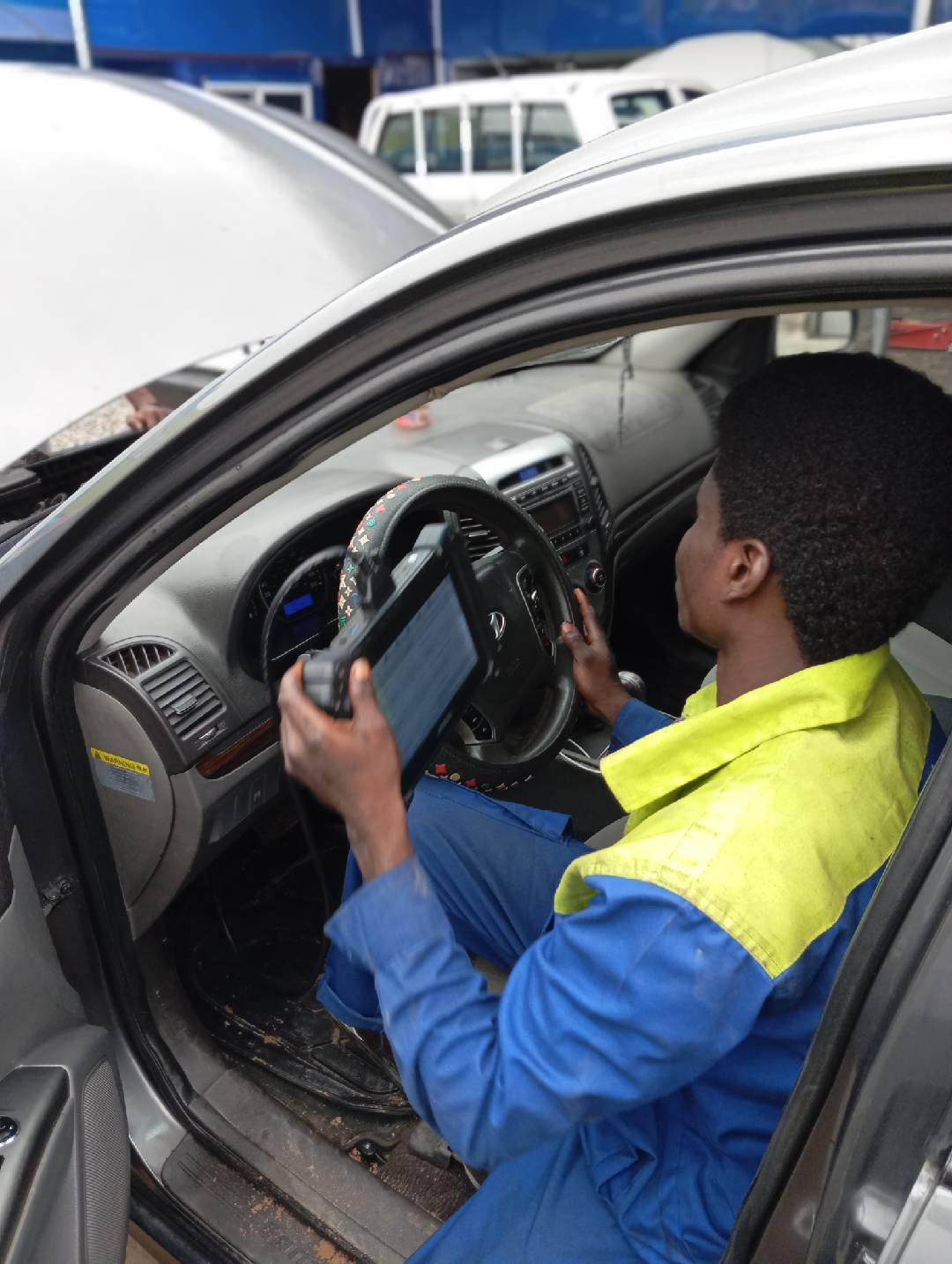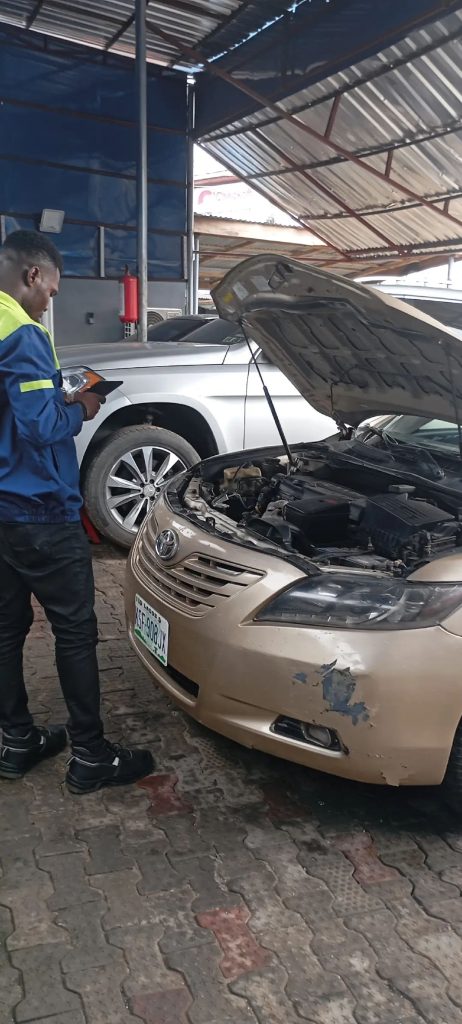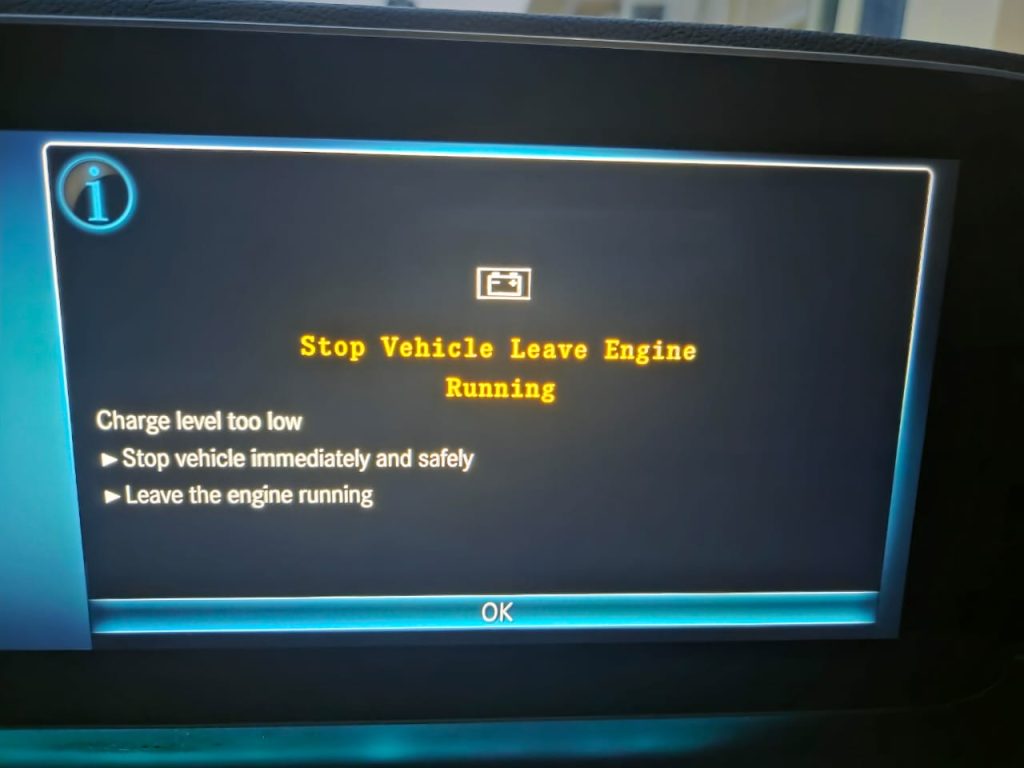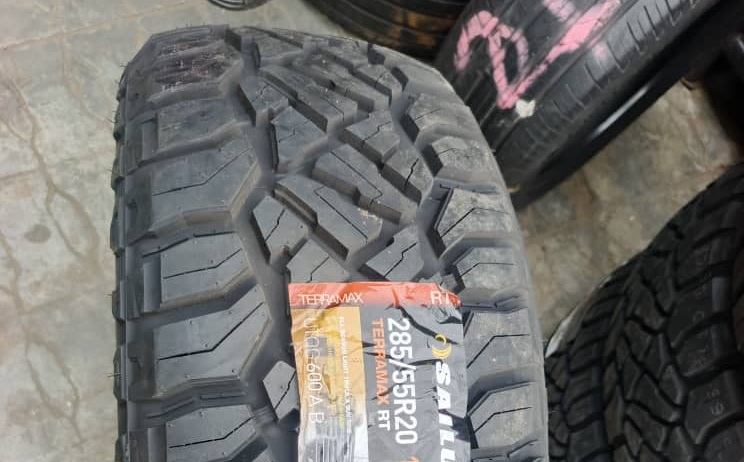Why Every Good Vehicle Repair Begins with Proper Inspection and Diagnostics

Why Every Good Vehicle Repair Begins with Proper Inspection and Diagnostics
When your car starts acting up, it’s natural to want a quick fix. But just like a doctor wouldn’t prescribe medication without running proper tests, a professional auto repair center shouldn’t jump into repairs without carrying out a thorough inspection and machine diagnostics.
The Medical Analogy: Your Car Is Like Your Body
Visiting a vehicle service center is similar to going to the hospital. You describe the symptoms — maybe your engine light is on, there’s an unusual noise, or the car feels sluggish. The mechanic, much like a doctor, listens, observes, and then runs diagnostic tests.
These tests, conducted with specialized tools and scanners, serve as the “lab tests” for your car. They help identify the real cause of the problem — not just the symptoms. Without this step, repairs become a guessing game that can waste time and money.
The Role of Proper Inspection and Machine Diagnostics
A standard workshop is equipped with advanced diagnostic tools that communicate with your vehicle’s onboard computer systems. These tools help assess various components — from the engine and transmission to the electrical and fuel systems. Combined with a physical inspection, technicians can pinpoint issues with accuracy and confidence.
This process ensures that repairs are not only effective but also prevent recurring issues. Skipping diagnostics might lead to temporary fixes that don’t address the root cause, potentially leading to bigger problems down the road.
Patience: The Key to Getting It Right
One of the most overlooked aspects of quality vehicle repair is time. A proper diagnostic process takes patience — from both the technician and the car owner. It may take longer, but it’s worth it. Hasty repairs often lead to misdiagnosis, unnecessary part replacements, and wasted money.
When your car is undergoing diagnosis, remember that precision takes time. Allowing technicians to complete the process properly ensures that your vehicle receives the right “treatment” and returns to you in reliable condition.
In Conclusion
A good repair doesn’t start with replacing parts — it starts with understanding the problem. Just as a doctor relies on tests before prescribing medication, a reputable auto repair shop relies on inspection and diagnostics to provide lasting solutions.
So, next time your car visits the workshop, exercise patience and trust the process. A thorough diagnosis today saves you time, stress, and money tomorrow.



